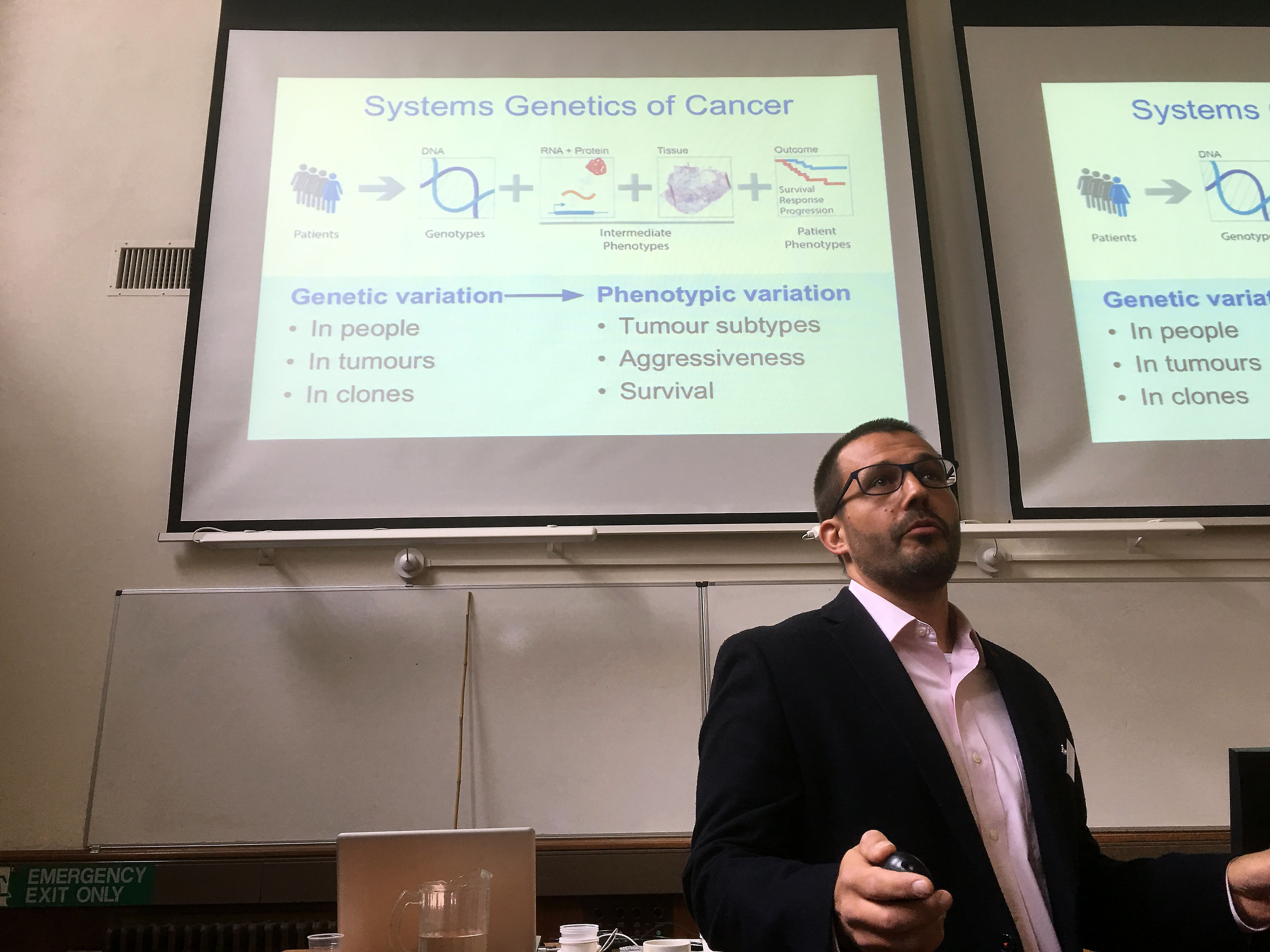The Oxford Reproducibility Lectures were largely concerned with trustworthiness of scientific findings, as well as carving out more robust research practices. We discussed adequately powering one’s studies, statistical methods that are better aligned to typical research questions, how to pre-register experiments, how to deal with the garden of forking paths, as well as setting standards for handling neuroimaging data. However, in a few talks, senior researchers expressed a reluctance to push their juniors into working with these guidelines in mind because working reproducibly clashes with the current incentive structure in science. Flashy new results are currently more valued than attempts to replicate old ones, for example, even though they are less likely to stand the test of time.
This is why we closed this series with a talk by Florian Markowetz: Five selfish reasons to work reproducibly. The argument that it’s good for science doesn’t convince you? That’s all right. It doesn’t convince Florian either. But there are also some very good reasons why it actually is good for you to work reproducibly, despite some necessary initial time investment.
I will not re-tell Florian’s talk because he has already written about it in detail on his blog. There you can see a description of all the slides and all the content.
Or even better, you can watch his highly entertaining talk by clicking on the video below.

